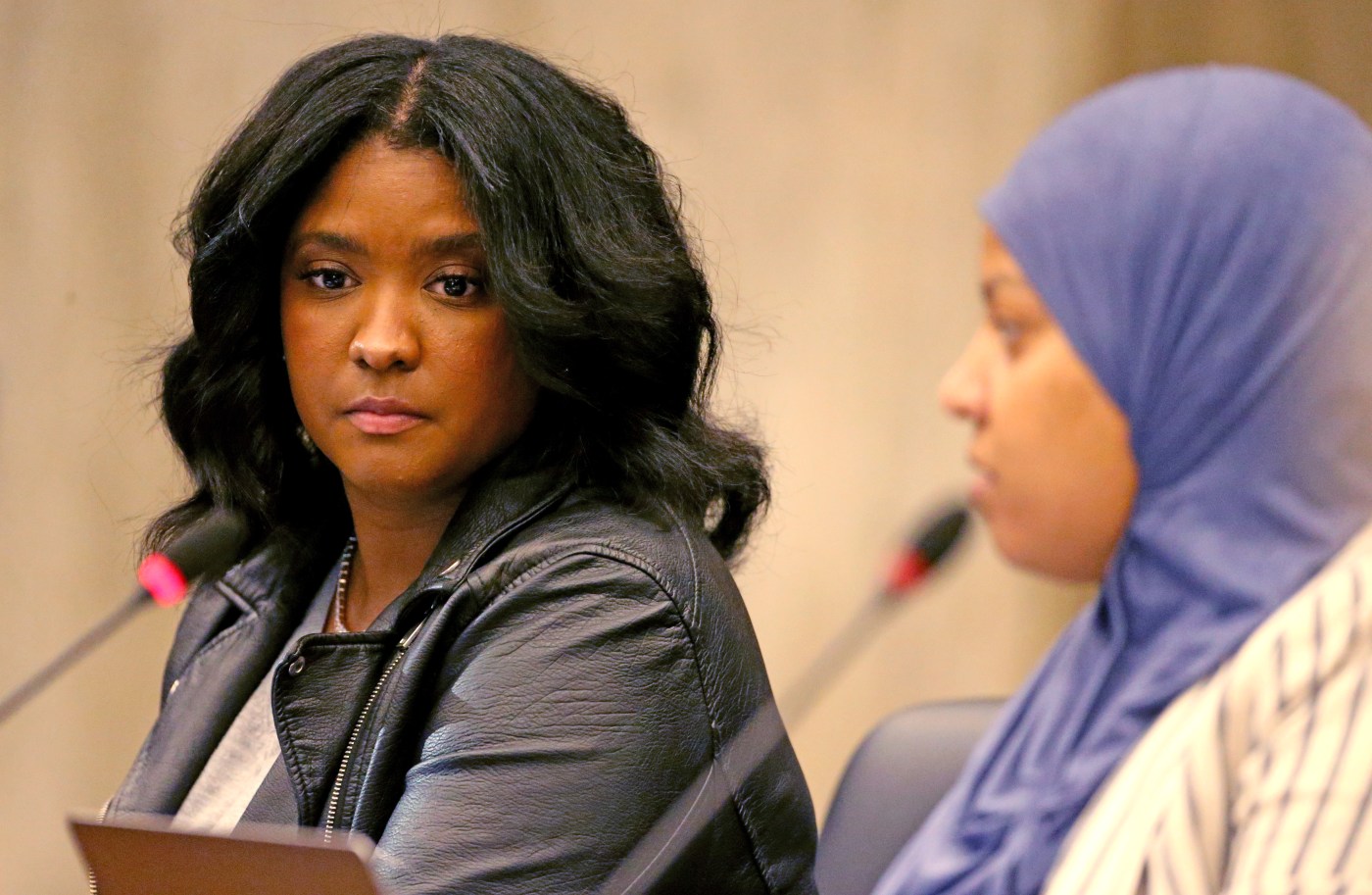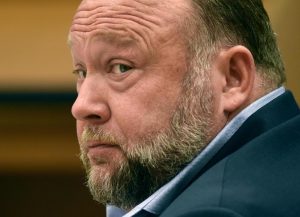
Boston City Council, Mayor Wu exploring cash payments to low-income families
The Wu administration is exploring a guaranteed basic income program for low-income families in Boston — basically cash payments — but concerns about cost, sustainability and the risk of creating a “benefits cliff” for qualifying applicants is giving the cabinet pause.
Segun Idowu, the city’s chief of economic opportunity and inclusion, said Monday that there have been “a lot of discussions” about the potential policy shift, which would involve dishing out money every month to families living below the poverty line, but there are no plans in place for a pilot program.
Data from other municipal pilot programs across the country, including how successful a short-term income boost is in lifting people out of poverty and whether it hurts or helps the local economy, will inform whether Boston moves forward with a similar effort, Elijah Miller, the city’s director of policy, said.
“If guaranteed income is a way that we determine with our colleagues here is the way to go, it is something that we can look at as well as other tools that may be available, because we know that there is no silver bullet to addressing this problem,” Idowu said.
“It’s going to take a collective effort to address poverty here in the city of Boston, a city of tremendous wealth.”
Idowu and Miller testified on behalf of the Wu administration at a City Council Ways and Means subcommittee hearing, where a proposal for implementing a “temporary guaranteed income program” was put forward for discussion by outgoing Councilor Kendra Lara.
Related Articles
Lawmaker: Why not a ferry instead of Long Island bridge?
City Council looks to make it easier to become a street vendor
Boston donates 2,000 turkeys to needy families for Thanksgiving
Enrique Pepén broke state law by promoting fundraiser on personal social media account: OCPF
Boston City Council weighing voting rights for immigrants with ‘legal status’
In Boston, according to Lara’s hearing order, 18.9% of residents are living “in poverty,” including 27.7% of children, despite the city’s relatively high median income of $71,834. Women and people of color are disproportionately impacted, the order states.
What such a program would look like in Boston has not been determined, Miller said, explaining that part of the conversation is centered around what “scope” of monthly payment amounts and qualifying income levels are fiscally viable.
Two possible frameworks were discussed at the hearing, however, with representatives from the Cambridge mayor’s office and Camp Harbor View discussing their respective pilot guaranteed basic income programs.
Cambridge’s pilot program underwent a $22 million expansion this past summer, with funding coming from the American Rescue Plan Act and nonprofit Cambridge Community Foundation, according to Michael Scarlett, chief of staff for Mayor Sumbul Siddiqui.
Scarlett said the city is about to provide a fifth round of checks for the program, which provides $500 monthly payments to nearly 2,000 families, with at least one child under 21 years of age and incomes under 250% of the federal poverty level.
“The program has been really successful so far, and we’ve been hearing from other cities around Massachusetts, asking for advice for starting their own program,” Scarlett said.
Idowu and Miller said there are still many unanswered questions in Boston, and that the Wu administration is awaiting “final publications” of data to inform whether it will move forward with a similar program.
Lara said, however, that the need is too great to wait for the data, and cautioned the Wu administration against “downplaying” the role a pilot program could have on changing a family’s financial situation, should the effort not be sustainable in the long run.
“Two or three years is not nothing,” Lara said. “It gives families the breathing room to set themselves up to be successful. I don’t want us to think about a pilot as somehow being less than having something permanent.”
Discussion among the two Wu administration officials and city councilors included concerns about how monthly payments would impact inflation or the labor market, by potentially serving as a job deterrent.
Also discussed was whether an income boost would create a so-called benefits cliff, by making selected families ineligible for their current government benefits, such as subsidized housing and food stamps, and if a family would fall back into poverty once monthly benefits stopped.
While the proposal drew support from several of the councilors present — seven council members co-sponsored the hearing order — City Council President Ed Flynn said he was opposed.
In his remarks, he cited the uncertain economic outlook, vacant office and commercial spaces that have not recovered from the pandemic and concerns about the city’s commercial tax base. The focus should be on providing basic city services, public safety and higher salaries for city employees, he said.
“We would need significant funds for a universal basic income program,” Flynn said. “At this time, I don’t think we should experiment with the program in these uncertain economic times.”
A spokesman for Mayor Michelle Wu deferred comment to the testimony provided by Idowu, her chief of economic opportunity and inclusion, at the hearing.

